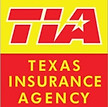Commercial Auto Insurance
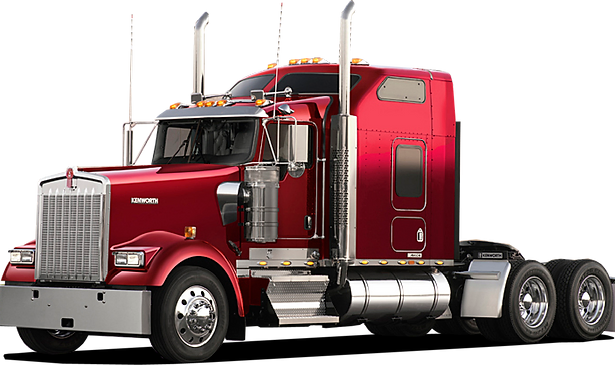
Commercial Insurance Quote
Protect Your Business Vehicles with Affordable Commercial Auto Insurance in Texas
If your business uses vehicles for work, whether it’s one car or a full fleet, you need commercial auto insurance in Texas that covers business risks. Personal auto insurance often doesn’t provide enough protection for work-related vehicle use.
At TIA-Texas Insurance Agency, we help businesses secure Texas commercial vehicle insurance that’s reliable, compliant, and cost-effective, without unnecessary coverage or inflated premiums.
Commercial Vehicles & Business Use
As a business owner, you need many of the same coverages for business vehicles as personal vehicles, such as liability, collision, comprehensive, and medical payments. However, when a vehicle is used for business purposes, the risks are higher, and personal auto insurance may not provide adequate protection.
Many business owners use the same vehicle for both work and personal use. In these cases, a commercial auto policy in Texas helps avoid coverage gaps that could lead to denied claims.
If a vehicle is owned by your business, the policy should list the business as the principal insured, not just the individual driver. This helps prevent confusion or delays if a claim is filed.
Do You Need a Commercial Auto Policy in Texas?
Whether you need a commercial auto policy in Texas depends on:
- How your vehicles are used
- Who drives them (owners, employees, contractors)
- Whether employees use personal vehicles for work
- The type of business you operate
A knowledgeable insurance agent will ask detailed questions to ensure your coverage matches your actual vehicle usage and risk exposure.
How Commercial Auto Insurance Differs from Personal Auto Insurance
While some coverages overlap, Texas commercial vehicle insurance differs from personal auto insurance in important ways:
- Higher liability limits
- Coverage for multiple drivers
- Business-use classifications
- Fleet and hired/non-owned vehicle options
Understanding these differences is key to protecting your business from costly claims.
What Does a Commercial Auto Insurance Policy Include?
A commercial auto insurance policy in Texas typically includes the following core and optional coverages:
Liability Coverage
Covers bodily injury and property damage if you or your employees cause an accident while driving a business vehicle.
Collision Coverage
Pays for repairs or replacement of your business vehicle after an accident, regardless of fault.
Comprehensive Coverage
Protects against non-collision damage such as theft, vandalism, weather events, or falling objects.
Uninsured / Underinsured Motorist Coverage
Helps cover injury expenses, lost wages, and property damage if you’re hit by a driver who has little or no insurance.
Medical Payments (MedPay)
Pays medical expenses for you, your employees, or passengers injured in an accident, regardless of fault.
Personal Injury Protection (PIP)
Commercial Auto Insurance Policy provides a wide range of coverage for medical expenses and lost wages during accidents.
Hired and Non-Owned Auto Coverage
Extends liability protection when employees rent vehicles or use personal cars for business purposes.
Cargo Coverage
Protects goods or equipment being transported against damage or theft.
Towing and Roadside Assistance
Covers towing and emergency roadside services for disabled business vehicles.
Rental Reimbursement
Helps pay for a temporary replacement vehicle while your business vehicle is being repaired.
Custom Equipment Coverage
Covers specialized tools, racks, or modifications installed on your vehicles.
Non-Owned Trailer Coverage
Provides liability protection for trailers not owned by your business but used in operations.
Why Choose the Best Commercial Auto Insurance in Texas?
Choosing the best commercial auto insurance in Texas that businesses rely on isn’t just about price; it’s about proper protection. We work with multiple insurance providers to help businesses find affordable coverage that meets contract needs and daily business use.
- Competitive rates and flexible plans
- Coverage for one vehicle or an entire fleet
- Quick certificates of insurance (COIs)
- Guidance tailored to your industry
- Support from licensed Texas insurance experts
If you’re searching for cheap Texas commercial auto insurance, we help you balance cost with coverage, so savings never come at the expense of protection.
Commercial Insurance Quote
Get a Free Commercial Auto Insurance Quote in Texas
Protect your vehicles, drivers, and business income with the right commercial auto insurance in Texas. Our agents make it easy to compare options and secure coverage, often with same-day policies available.
Request your free, no-obligation quote today.
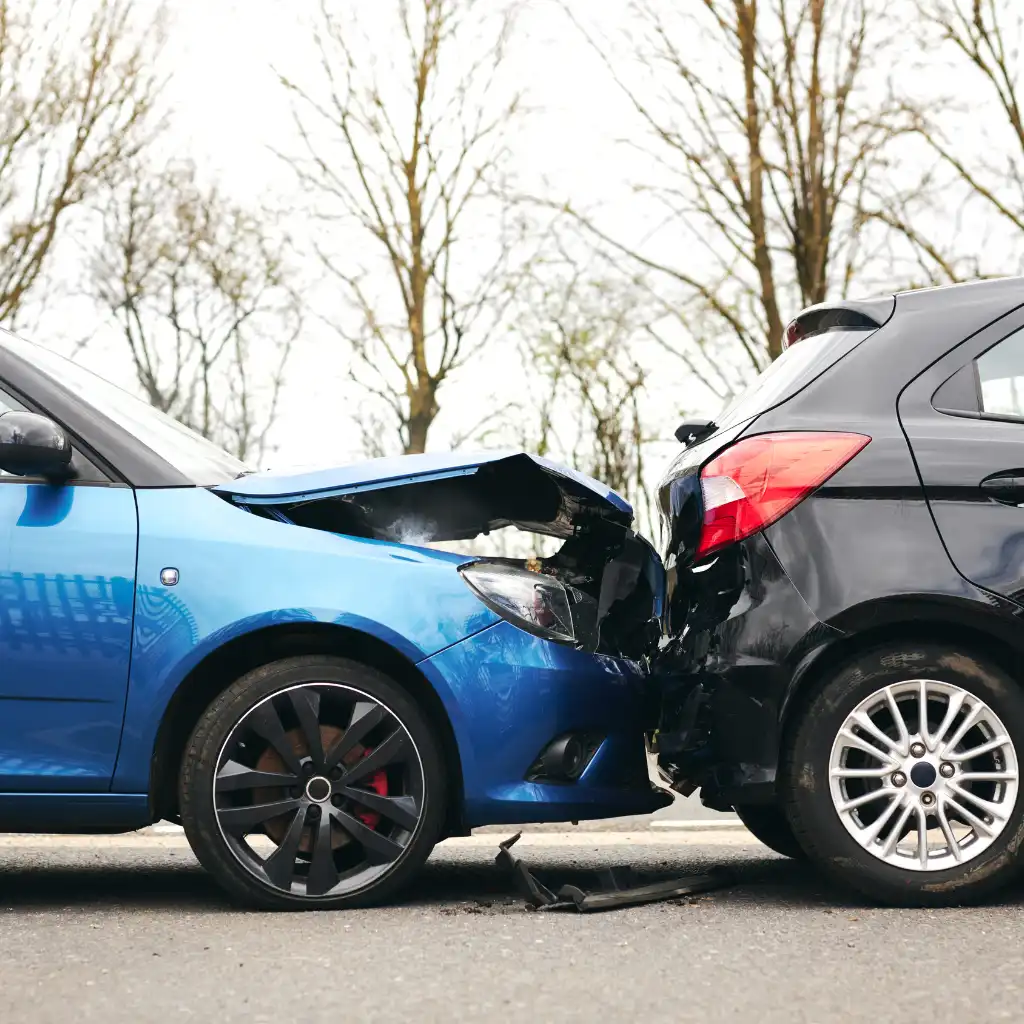
Companies We Work With
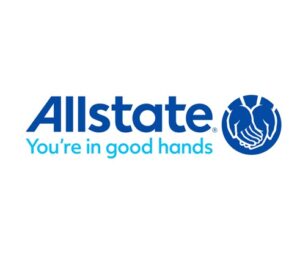



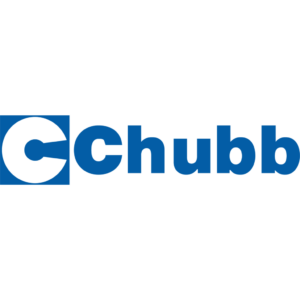
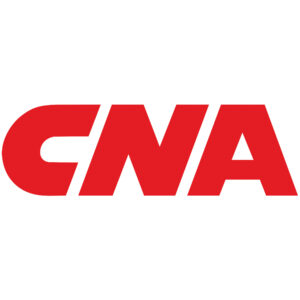

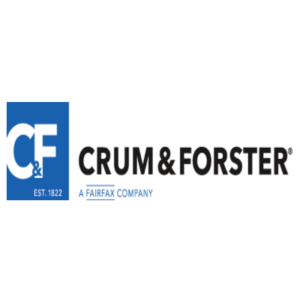
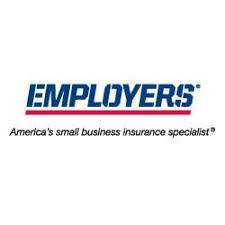
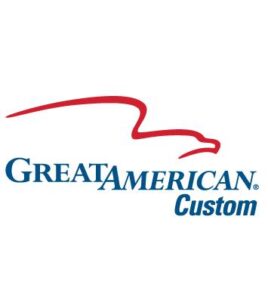

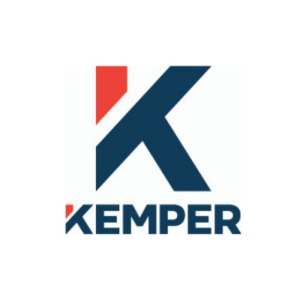
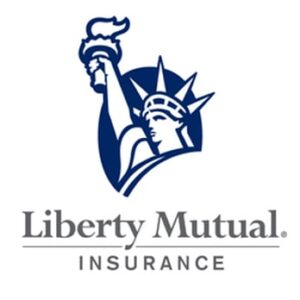
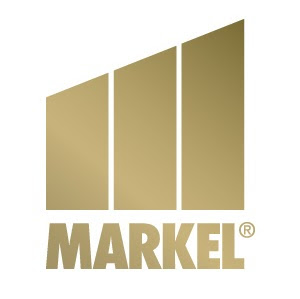
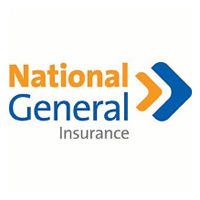


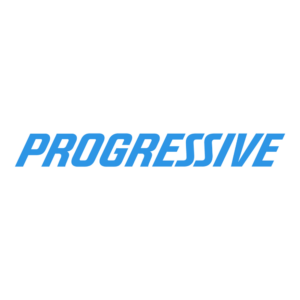
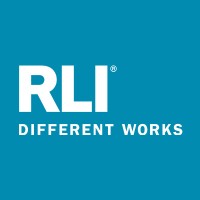

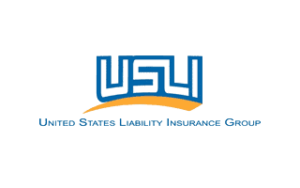

Frequently Asked Questions
Commercial auto insurance in Texas covers vehicles used for business purposes, protecting against liability, vehicle damage, medical expenses, and other risks related to business driving.
If your vehicle is used primarily for business, most personal auto policies won’t provide coverage. Many businesses are required by contracts or clients to carry a commercial auto policy in Texas.
The cost depends on vehicle type, driving history, coverage limits, and business use. Many companies can find affordable commercial auto insurance in Texas with the right policy structure.
Yes. Texas cheap commercial auto insurance is possible by choosing appropriate limits and working with an agency that compares multiple carriers.
Work with a licensed agency that understands business vehicle risks, offers multiple carrier options, and customizes coverage based on how your vehicles are actually used.
